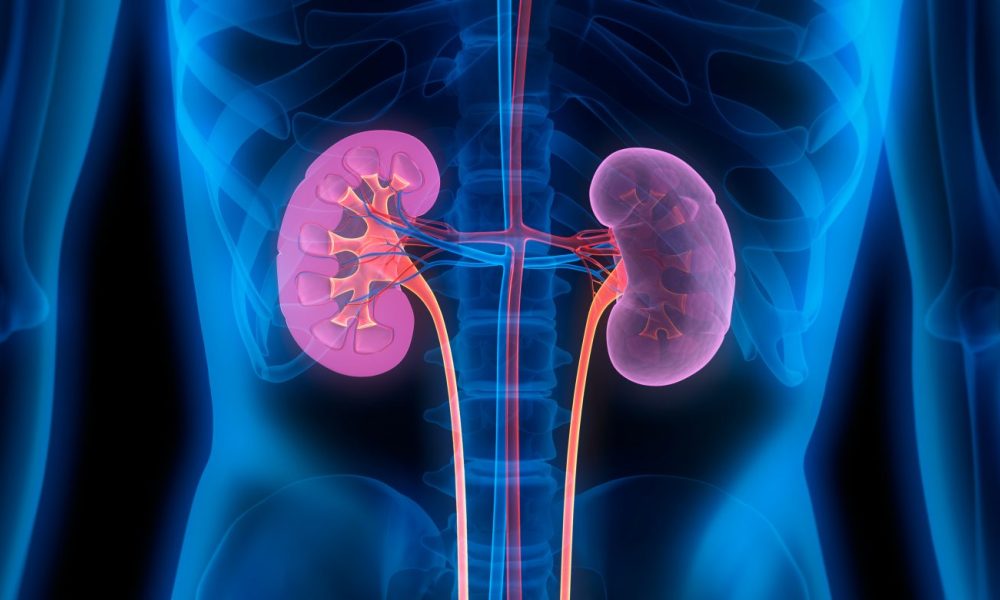If you have undergone a new organ transplant, you might be wondering this – will my diet differ from the one that I followed before the transplant? The answer is YES! You certainly need a change of diet. If you are in a doubt what to eat and what not, better get help in planning your diet post the transplant from your doctor as well as the dietitian.

Is It Necessary To Diet After Kidney Transplant?

Of course! After your kidney transplant, your diet plays a big role. Especially, if you were on dialysis and had a kidney transplant, then you may find that this diet is easier to follow rather than the one you were already on for your dialysis.
Will any of your medicine affect your diet?
Yes, it does. Your diet will definitely be affected by the use of medicines that is used to prevent rejection of your transplant. There are some common anti-rejection medications that may affect your diet such as:
- steroids (prednisone)
- mycophenolate (CellCept)
- tacrolimus (Prograf)
- cyclosporine (Sandimmune, Neoral, Gengraf)
- azathioprine (Imuran)
This list will sort of continue to grow as new medicines are developed. But these medicines may change the way your body works, probably in different ways.
What you can’t eat?
Before we get into a diet plan we ought to know this. Numerous patients assume that they will be able to eat anything they desire after their kidney transplant. Unfortunately, this is a false assumption. Depending on your other health conditions, there will be some restrictions reflected in your transplant diet which you were receiving before the new kidney.

For instance, if you have diabetes, then you should follow some strict guidelines to control your blood glucose levels by balancing the carbs in your diet. You might also have caloric restrictions in order to help prevent the excess weight gain caused by few medications. In a case of high blood pressure, then you might be asked to watch the amount of sodium in your diet. Moreover, your diet also includes some restrictions on fat, sugar as well as alcohol to help keep your cholesterol and triglyceride levels normal.
Healthy Diet Procedures:
- Calories
- Carbohydrates
- Protein
- Fat
Ensure you are getting the right amounts of the nutrients. You need to drink and eat the right portion sizes.
Limit Fat foods:

| Choose a low-fat spread instead of butter | Avoid deep frying foods – bake, boil, steam, microwave or grill instead |
| Always Choose low fat cheese. Limit portion size to 2oz per week. | Limit high-fat snacks such as chips, crisps, chocolate, cakes, and biscuits. |
| Use low-fat instead of full-fat milk | Use a small amount of olive, rapeseed or sunflower oil if frying food. |
| Choose low fat or diet yogurt | Trim fat from meat and remove the skin from chicken before cooking. |
Follow A Protein Rich Diet:
Post a kidney transplant, your body requires more proteins to help in the healing process as well as to improve immunity. This becomes the major reason to consume proteins and why it shouldn’t be limited. Additionally, patients who were previously on dialysis would have a lower protein intake, but post kidney transplant, the protein consumption is recommended to be increased.
No Need To Ignore Fruits/Veggies With Seeds:
Some veggies and fruits such as tomato, brinjal, guava, ladies finger, watermelon. They are considered as harmless foods and they can be taken after the transplant. However, make sure that the level of potassium in your blood is within control. But, if you are suffering from kidney stones, it is actually better to avoid these foods.
Say A Loud NO For Raw Fruits:

Consuming raw fruits is not advised since there is a high risk of infection due to those raw foods. But, you can eat fruits in the stewed form since cooking can lower the active bacterial load, thereby lowering the risk of infection.
Protein Supplements:

Protein supplements are recommended during the initial stage for the people who undergo kidney transplants. However, it differs from person to person. In most of the cases, post kidney transplant, patients might have some issues to recover their appetite, hence protein supplements are prescribed.
Unlike the common misconception where the kidney transplantation recipients can eat anything and everything after a transplant, you need to follow a few guidelines like a disciplined dietary routine with plenty of restrictions, which depends on your overall health and recovery. When you follow the transplant diet, your chances of rejection and infection are reduced. Although, keeping your new kidney working depends on a variety of factors, where nutrition and food play just a small role.



